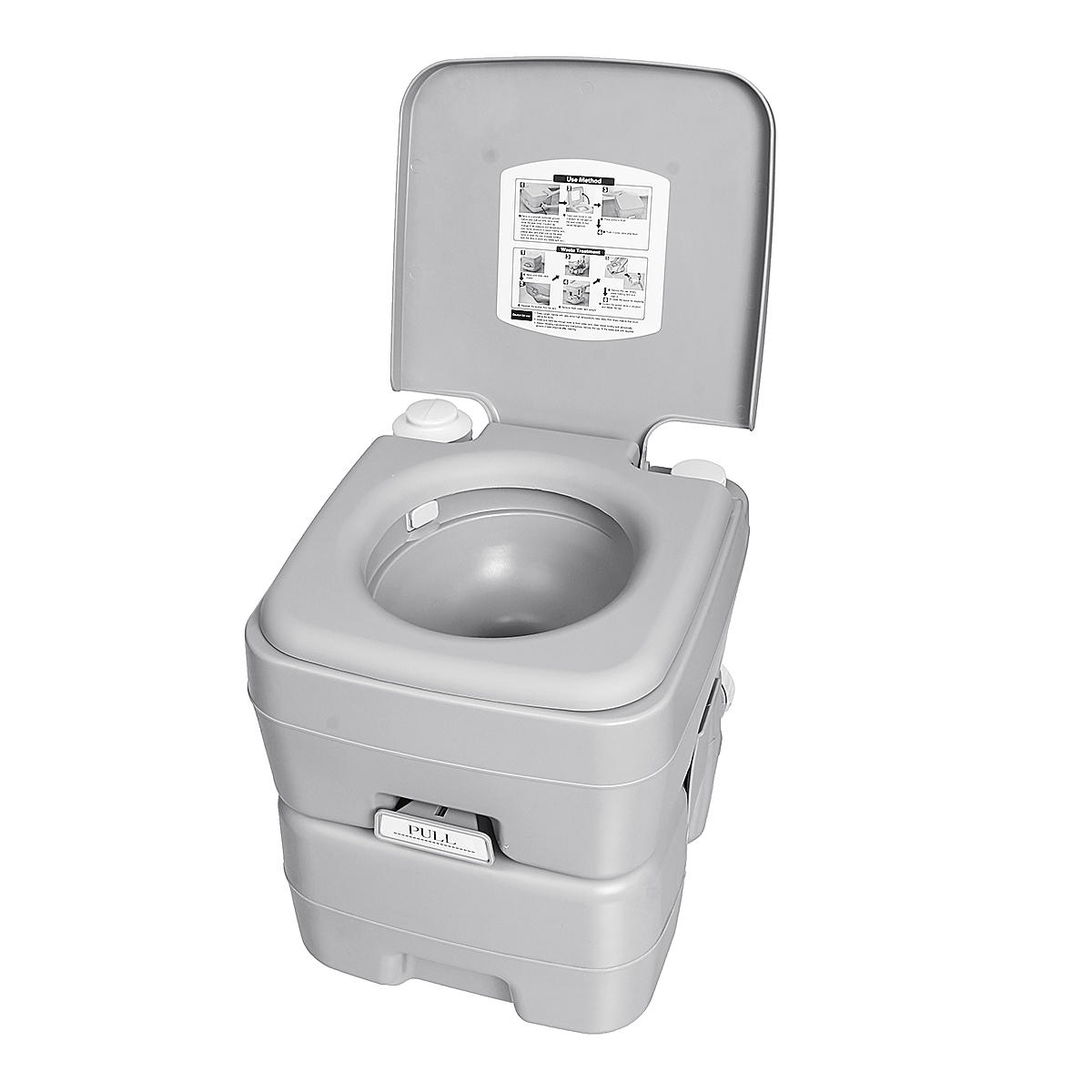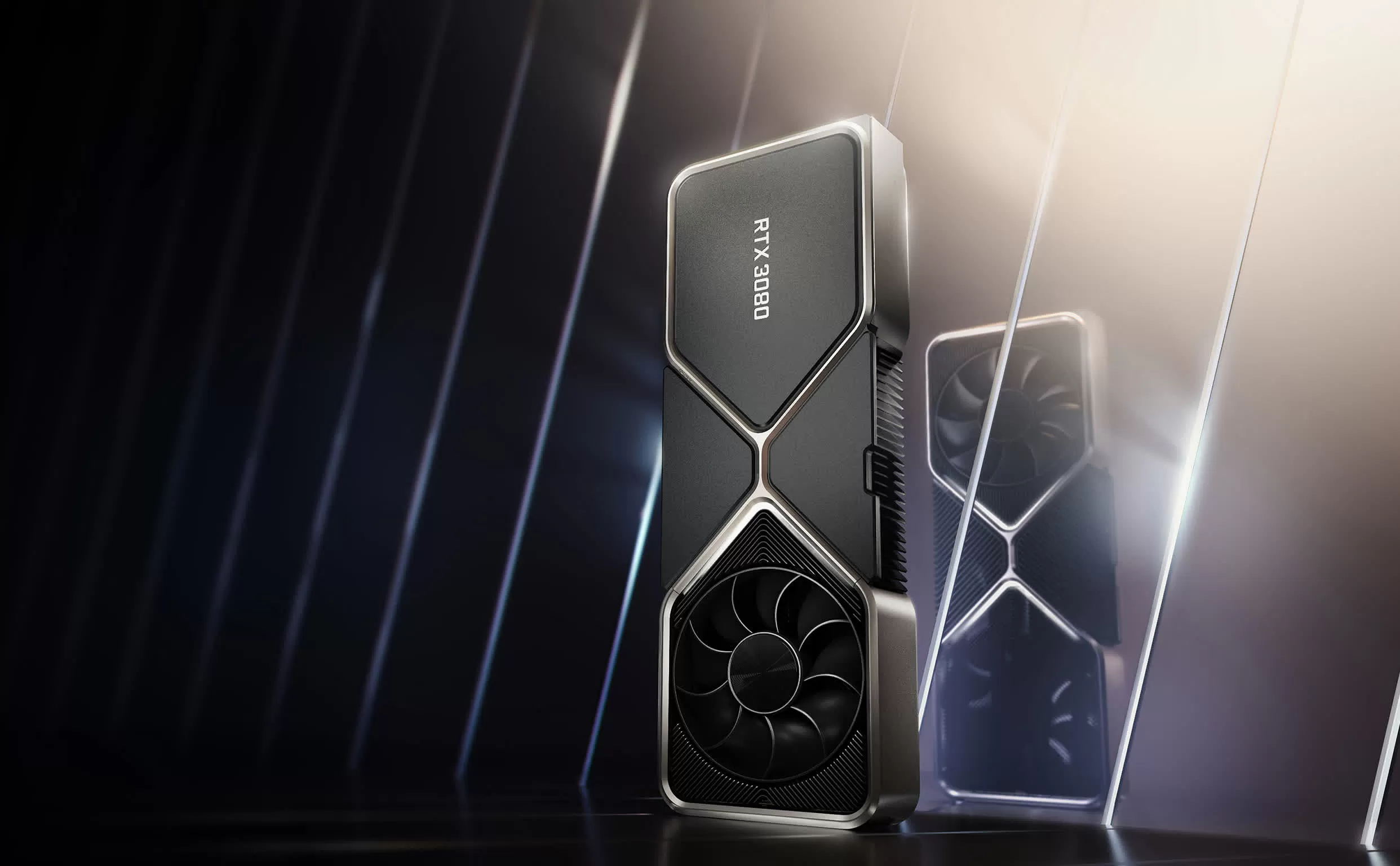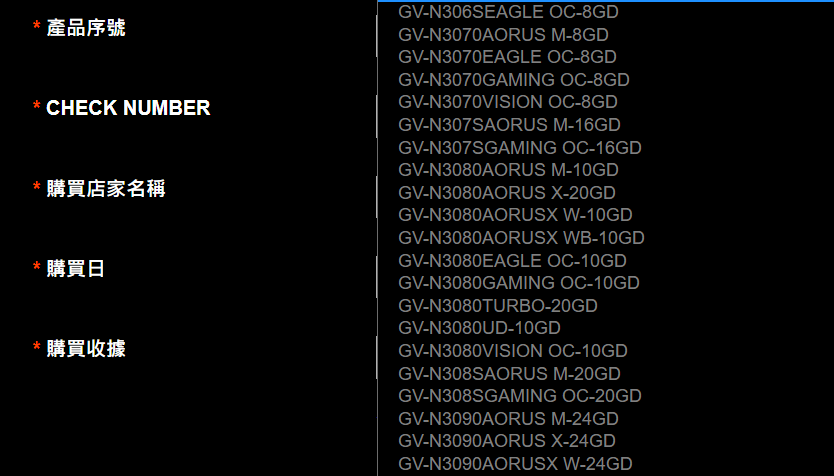"It's amazes me just how successfully that nVidia has manipulated their customer base. Their first step was to release the 2080 at $700 which was
barely a performance jump over the GTX 1080 Ti (which was
also $700). Step two was to release the 2080 Ti which was a made their customers so used to getting screwed over by pricing the 2080 Ti at $1200, that pricing the 3080 at $700 (where the 2080 Ti
should have been in the first place and where the 3080 Ti should be priced instead of the 3080), nVidia has made its customer base extremely happy to get screwed over.
Let's look at the pricing progression, shall we?
MSRP of GTX 280 $649
MSRP of GTX 480 $499
MSRP of GTX 580 $499
MSRP of GTX 680 $499
MSRP of GTX 780 $649
MSRP of GTX 780 Ti $699 <- Top-tier Ti line at $699
MSRP of GTX 980 Ti $699 <- Top-tier Ti line at $699
MSRP of GTX 1080 Ti $699 <- Top-tier Ti line at $699
MSRP of RTX 2080 $699 <- Top-tier NON-Ti line at $699
MSRP of RTX 2080 Ti $1199 <- Top-tier Ti line at $1200?!?!?!
MSRP of RTX 3080 $699 <- Top-tier NON-Ti line at $699 (just like RTX 20)
MSRP of RTX 3080 Ti $1199 <- Top-tier NON-Ti line at $699 (just like RTX 20)
MSRP of RTX 3090 $1499 <- Still way more expensive than the Ti
So, nVidia has conditioned the sheep to suddenly accept a $500 jump in price for the top-tier Ti line from $699 to $1199 and the non-Ti from $499 to $649. Don't tell me it's inflation because the cost of the top-tier card was between $500 and $649 for FIVE GENERATIONS (at LEAST ten years). Don't tell me that it's inflation because the IBM PC model 5150 was $2000 in 1984 and we're not paying $12000 for entire PCs that are not even in the same performance universe as that old IBM. Tech is
supposed to get cheaper over time with new tech being the same price as the old was (or
LESS not more). Here we have nVidia finding a way around that to charge people even more and more money when they shouldn't be (they don't have to after all) and people are CELEBRATING THIS? Seriously? "
Nvidia claims the new GeForce RTX 30 graphics series provides a giant leap in raw graphics performance, based their latest Ampere architecture, today we can finally show...

www.techspot.com
And...
"I wanted to point out that this isn't as good as nVidia makes it out to be because a lot of people have short memories. Is this good? Yes and no because good is relative. Pascal was a much better launch for its time and it's not even close. That GTX 1080 Ti was perhaps the best high-end video card value that I've ever seen. That thing is still a monster today and Pascal should be the benchmark against which all nVidia launches are compared, not Turing.
I just want people to temper their emotional response of euphoria (and believe me, I get it) and remember that this isn't really all that great. Sure. it's just great compared to how horrible Turing was but it's still pretty bad compared to how great Pascal was. Pascal was a GIGANTIC LEAP from Kepler and the prices remained THE SAME, as they should have.
How long did we suffer with Intel sandbagging because AMD's FX wasn't up to scratch but were too busy being happy about the little incremental improvements that Intel made? We were so preoccupied with how much better Devil's Canyon was compared to Ivy Bridge that we didn't realise what Intel was doing to us until after Ryzen launched. We needed AMD to wake us up and it's because we couldn't see the forest for the trees. We need to be a little bit more cynical and a little less naive, even though that's not always fun (actually it never really is). Yes, Ampere is better than Turing and nVidia wants us to focus on that because it's to their advantage if we do so. However, if we forget how good that it can be or fail to notice the bigger picture and the path that we seem to be on, do you know what that makes us?
Boiled frogs my friend. boiled frogs. I don't want that for any of us, even if I have to be a bit of a killjoy to point it out. "
Nvidia claims the new GeForce RTX 30 graphics series provides a giant leap in raw graphics performance, based their latest Ampere architecture, today we can finally show...

www.techspot.com












